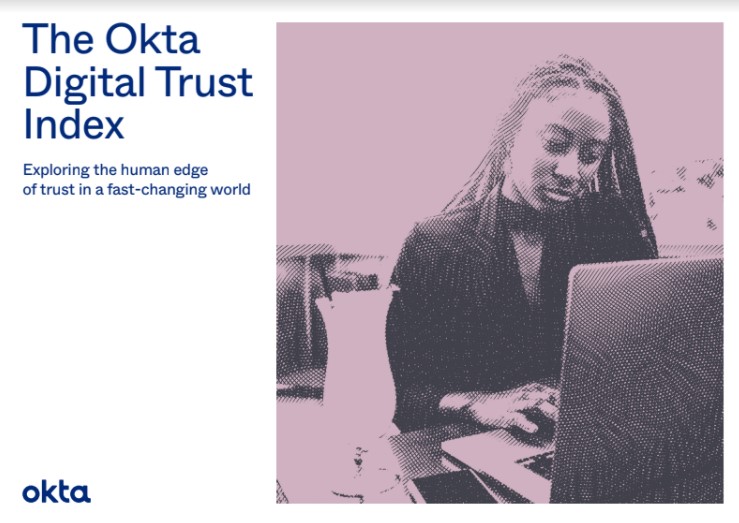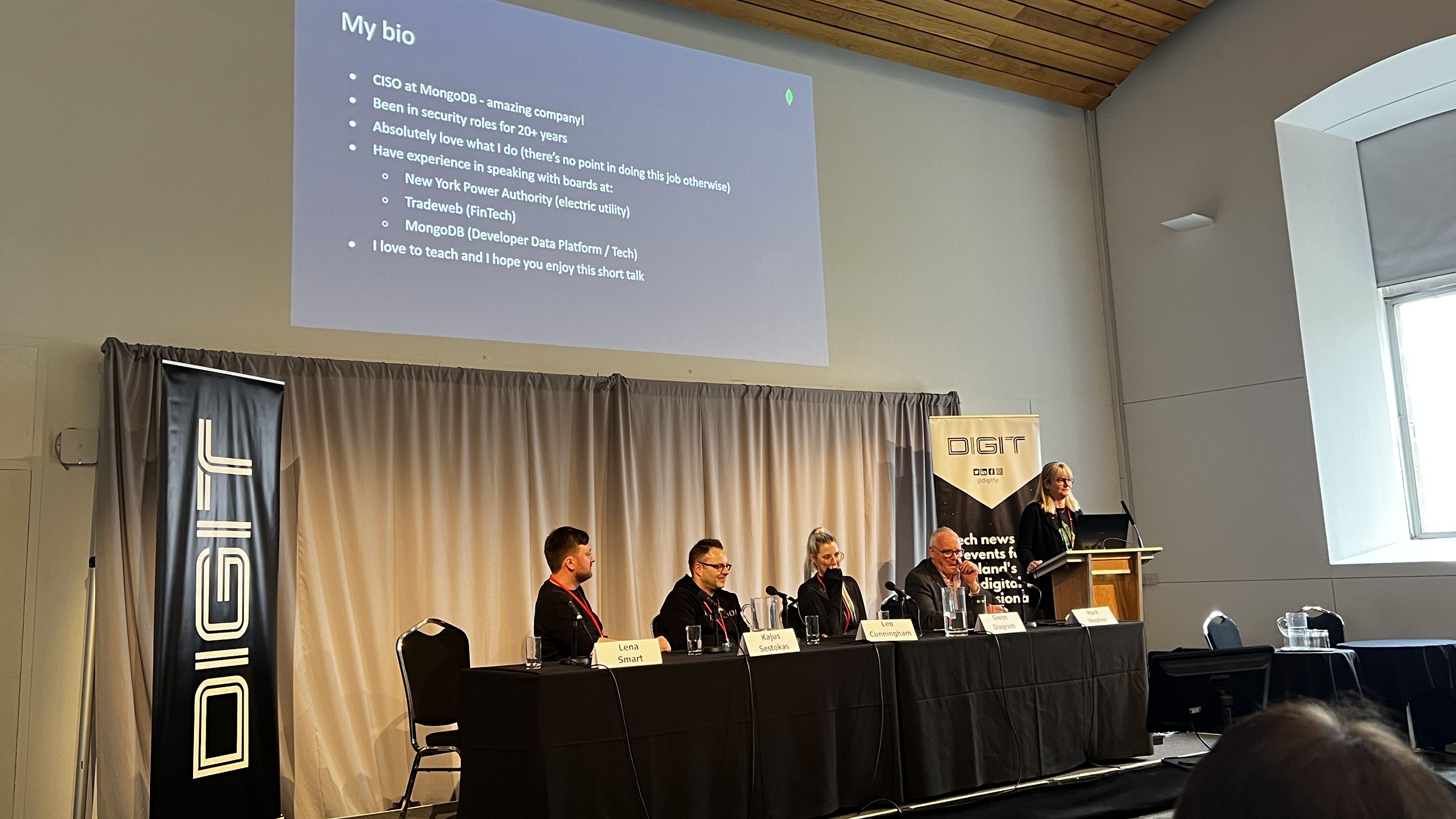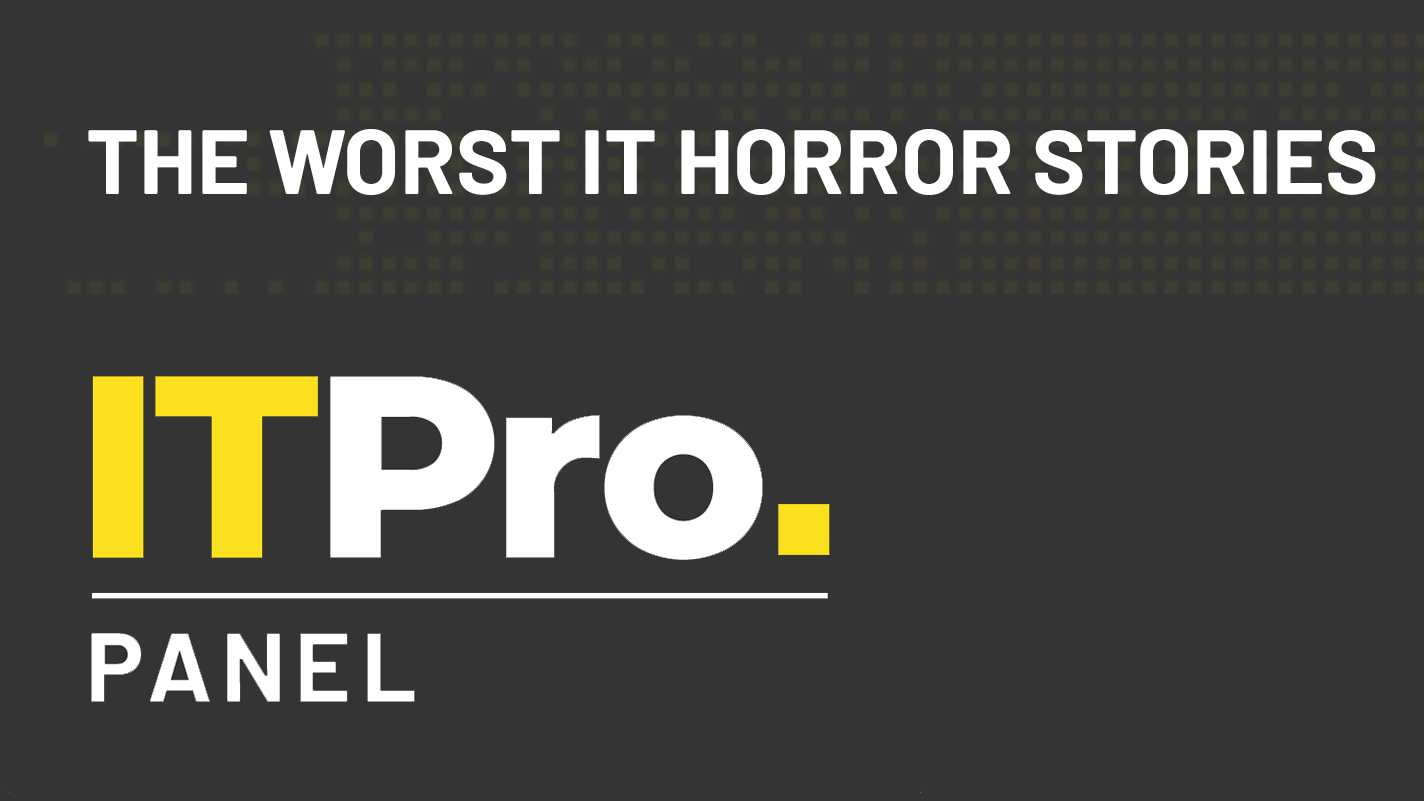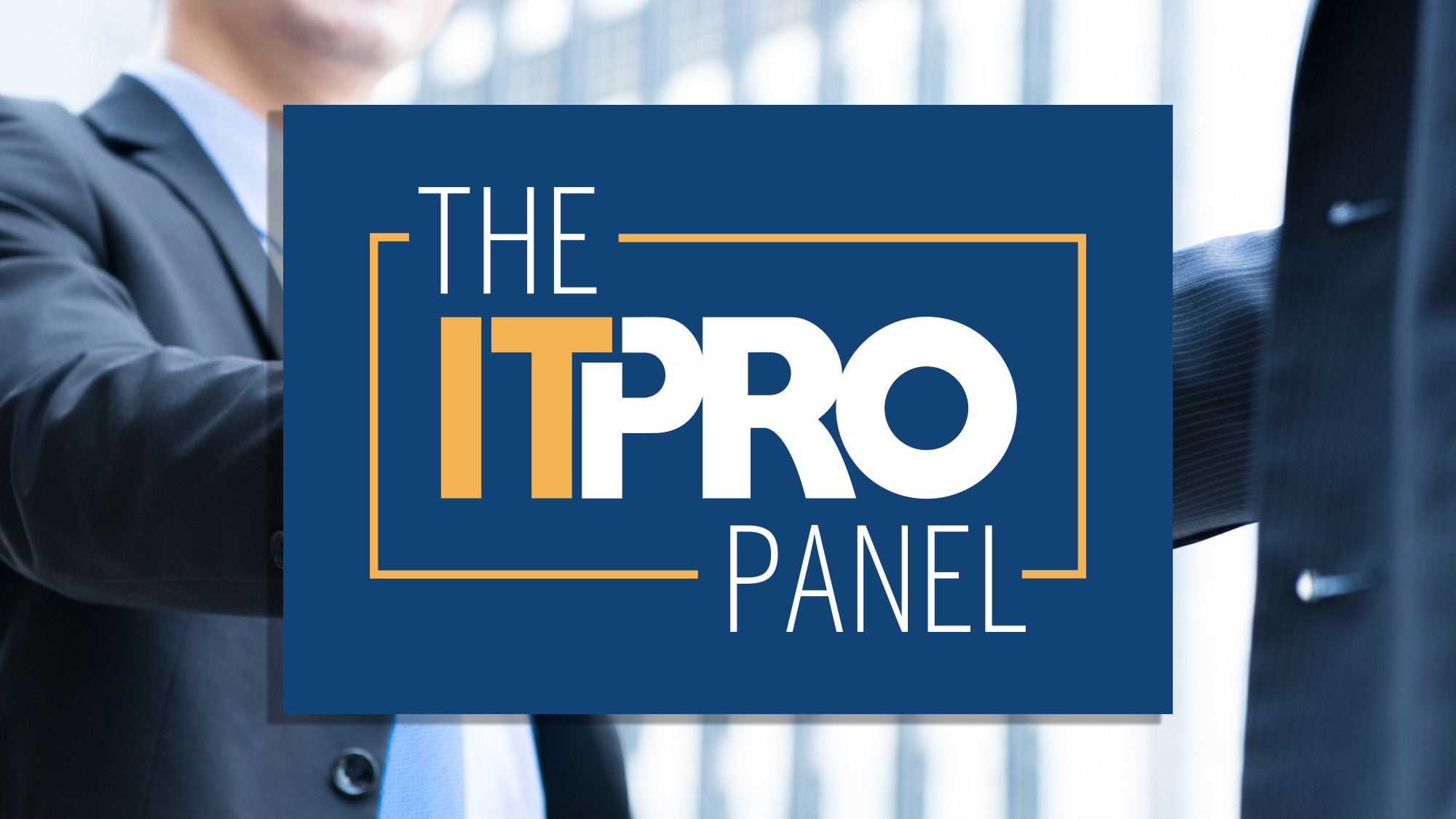CISOs are missing holidays due to excessive overtime
Tessian research shows an alarming number of security leaders are sacrificing important areas of their life for the job


The heavy demands of the chief information security officer (CISO) role are leading to security leaders working excessive hours and missing life events such as family gatherings and national holidays.
New research from Tessian has shown CISOs are working an additional 11 hours every week on average to meet the demands of their role, and nearly one in ten work an additional 20-24 hours every week.
Two-fifths of CISOs also said they have had to miss family events such as Christmas, while 40% also admitted to having to miss family holidays because of the demanding nature of the job.
What's more, the majority of leaders (59%) report that they feel unable to switch off from the job even when they log off for the day.
The findings echo the points made by Autonomy earlier this year. The thinktank called for new legislation around overtime, mandating every UK worker's 'right to disconnect'. The proposed legislation would mandate a worker's right to ignore work-related calls and emails outside of work hours and while on leave.
Extra time spent in the office is also contributing to a significant portion of CISOs reporting the job impacting their personal lives and overall health.
Nearly half of those surveyed (44%) said they have been forced to miss engagements such as doctors appointments because of pressing matters at work. A third of respondents also said they have been unable to exercise due to work commitments.
Get the ITPro daily newsletter
Sign up today and you will receive a free copy of our Future Focus 2025 report - the leading guidance on AI, cybersecurity and other IT challenges as per 700+ senior executives
CISOs report that attending too many meetings was the chief cause of misspent time at the office, 38% said this affected their role while 37% also said reporting to the board also occupied a large portion of their time.
A little more than a third of security leaders are also spending large chunks of time delivering security training for employees and spending too much too much time investigating and remediation cyber security threats.
RELATED RESOURCE

"There is this unfortunate trend of heroism in the security industry," said Josh Yavor, CISO at Tessian. "As security leaders, some of our most exciting stories include pulling all-nighters to defend the organisation or investigate a threat. However, we often fail to acknowledge that the need for heroics usually indicate a failure condition and are not sustainable.
"Like any job function, CISOs have their limits and need to advocate for themselves and time constraints to avoid burnout," he added. "As leaders, it’s critical that CISOs are able to lead by example and to set their teams up for sustainable operational work. Heroics are sometimes unavoidable, but we should be accountable for ensuring they are not the norm."
Long hours leading to burnout in the industry are unfortunately commonplace across the tech industry.
Reports earlier this year revealed that 83% of software developers were suffering from burnout with most of them attributing high workloads as the prime reason for the condition.
The industry trend of workers claiming to be burnt out in their jobs is leaving tech workers in mental ruin and has driven some to drastic lengths such as suicide, said Amber Coster, founder at Balpro, as part of an IT Pro investigation into the issue.
Others who have also spoken on the topic said businesses must foster a culture of openness when it comes to mental health and ensuring measures are in place to ensure employees are as comfortable as possible to complete their duties.

Connor Jones has been at the forefront of global cyber security news coverage for the past few years, breaking developments on major stories such as LockBit’s ransomware attack on Royal Mail International, and many others. He has also made sporadic appearances on the ITPro Podcast discussing topics from home desk setups all the way to hacking systems using prosthetic limbs. He has a master’s degree in Magazine Journalism from the University of Sheffield, and has previously written for the likes of Red Bull Esports and UNILAD tech during his career that started in 2015.
-
 Bigger salaries, more burnout: Is the CISO role in crisis?
Bigger salaries, more burnout: Is the CISO role in crisis?In-depth CISOs are more stressed than ever before – but why is this and what can be done?
By Kate O'Flaherty Published
-
 Cheap cyber crime kits can be bought on the dark web for less than $25
Cheap cyber crime kits can be bought on the dark web for less than $25News Research from NordVPN shows phishing kits are now widely available on the dark web and via messaging apps like Telegram, and are often selling for less than $25.
By Emma Woollacott Published
-
 MongoDB CISO: Don’t be afraid to simplify important issues for executives
MongoDB CISO: Don’t be afraid to simplify important issues for executivesNews Preparation, transparency, and honesty are key for any CISO engaging with board executives
By Ross Kelly Published
-
 Biden campaign security chief becomes Federal CISO
Biden campaign security chief becomes Federal CISONews Chris DeRusha brings public and private sector experience to the role
By Danny Bradbury Published
-
 IT Pro Panel: The worst IT horror stories
IT Pro Panel: The worst IT horror storiesIT Pro Panel Our Panellists share some of their best tales from life on the front-lines of technology
By Adam Shepherd Published
-
 CISO job description: What does a CISO do?
CISO job description: What does a CISO do?In-depth A chief information security officer deals with far more than firewalls and antivirus software
By Maggie Holland Last updated
-
 What is an MSSP?
What is an MSSP?In-depth Why appointing an MSSP is becoming the norm for SMBs
By Keumars Afifi-Sabet Last updated
-
 IT Pro Panel: How CIOs got their first breaks in IT
IT Pro Panel: How CIOs got their first breaks in ITIT Pro Panel It may seem like a simple pathway from the outside, but a CIO's first taste of IT comes in many different forms
By Sooraj Shah Published
-
 Shadow Broker exploit dumps five million cyber attacks
Shadow Broker exploit dumps five million cyber attacksNews Kaspersky: Hacking tool leaks fuel cyber criminal activity
By Adam Shepherd Published
-
 Six ways boards can step up support for cyber security
Six ways boards can step up support for cyber securityIn-depth Security is an enterprise-wide risk management concern, not merely an IT issue
By Esther Kezia Thorpe Last updated